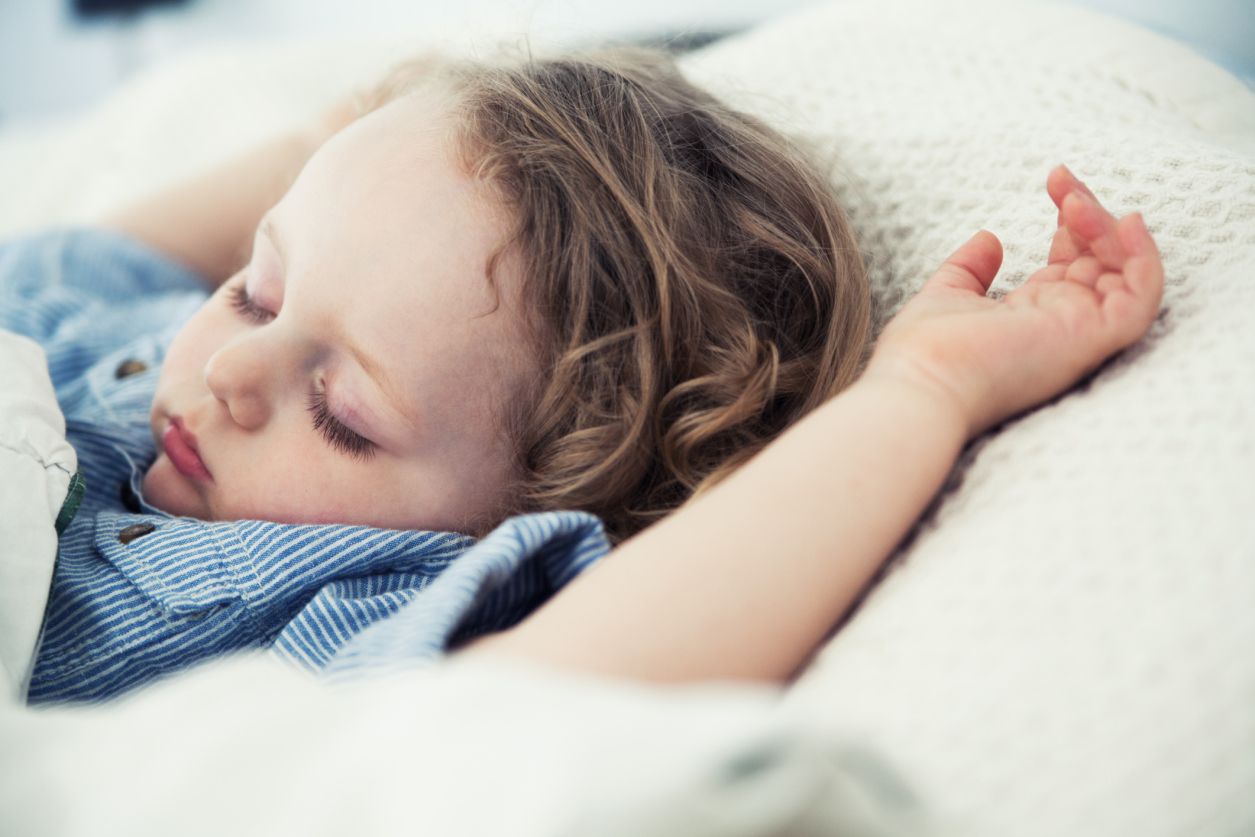Autism Sleep Problems


The Link Between Autism and Sleep
Between 40% and 80% of autistic children experience sleep disruptions, including insomnia and sleep-wake cycle disruptions. These disruptions are linked with behavioral issues, challenges with learning and development, and health problems.
Causes
As with so many autism traits, the causes of sleep issues are not well understood. Some of the contributing factors can include:
- Sensory issues: Most autistic people are hyper-responsive to sensory input. They may have a harder time sleeping because they can’t easily block out light, noise, and other disruptions.
- Physical or mental health: In addition to autism traits like repetitive behaviors that can make it harder to sleep, autistic people often have co-occurring physical and mental health challenges. Sleep apnea, post-traumatic stress disorder (PTSD), and high cortisol levels that can occur with stress but also thyroid and other conditions, all can make it harder to sleep.
- Lack of melatonin: Some studies suggest that autistic people produce less melatonin at night (a sleep-related hormone) than do neurotypical people. Supplements are an option.
- Genetics: The genetic patterns found with autism may have some impact on the ability of autistic people to fall asleep, stay asleep, and awake refreshed.
Autistic Adults and Sleep Issues
Sleep problems are among the most common complaints of autistic adults. Insomnia affects about 60% of autistic adults, but problems like falling asleep (or waking up often when you do) also occur. This affects daytime function and overall quality of life. Anxiety and elevated sensory arousal may be at work in autistic adults.
Sleep Tips for Autistic Kids
Many of the best tips for improving an autistic child’s sleep are similar to those used for neurotypical children, with a few exceptions. Here are some of the most effective techniques, according to researchers:
- Establish a consistent bedtime routine
- Create a sleep-conducive environment
- Limit screen time before bed
- Encourage physical activity during the day
- Avoid stimulating activities before bedtime
- Use a weighted blanket
- Consider melatonin supplements
Conclusion
Sleep issues are a common and serious challenge for autistic people, both children and adults. While the causes are not yet fully understood, research suggests that sensory issues, physical or mental health challenges, lack of melatonin, and genetics may all play a role. By establishing a consistent bedtime routine, creating a sleep-conducive environment, and using other evidence-based techniques, parents and caregivers can help improve sleep quality and overall well-being for autistic individuals.
FAQs
Q: How common are sleep issues in autistic children?
A: Between 40% and 80% of autistic children experience sleep disruptions.
Q: What are some common sleep problems in autistic adults?
A: Insomnia, difficulty falling asleep, and waking up often during the night.
Q: What can I do to help my autistic child sleep better?
A: Establish a consistent bedtime routine, create a sleep-conducive environment, limit screen time before bed, encourage physical activity during the day, and avoid stimulating activities before bedtime.
Q: Can melatonin supplements help autistic individuals sleep better?
A: Some studies suggest that autistic people produce less melatonin at night than do neurotypical people. Supplements may be an option, but consult with a healthcare provider before using any supplements.
Recent Posts
Everyday discrimination linked to increased anxiety and depression across all groups of Americans
Everyday Discrimination Linked to Higher Rates of Anxiety and Depression People who most frequently encounter…
Cheesy Ham and Potato Casserole
Cheesy Ham and Potato Casserole This Post May Contain Affiliate Links. Please Read Our Disclosure…
9 Causes of Sleepwalking and Solutions for Better Sleep
Sleepwalking: Causes, Risks, and Treatment What is Sleepwalking? Sleepwalking, also known as somnambulism, is a…
The Coalition has promised $400m for youth mental health. Young people told us what they need
Opposition Leader Peter Dutton's Promise: Extra A$400 Million for Youth Mental Health Services Rates of…
2025 Bristol’s Strongest Man Results
2025 Bristol’s Strongest Man Contest Results The 2025 Bristol’s Strongest Man (BSM) contest occurred on…
8 Drugs That Can Cause Kidney Damage
Your Kidneys and Medications: What You Need to Know Your Kidneys: Important Functions and Risks…


